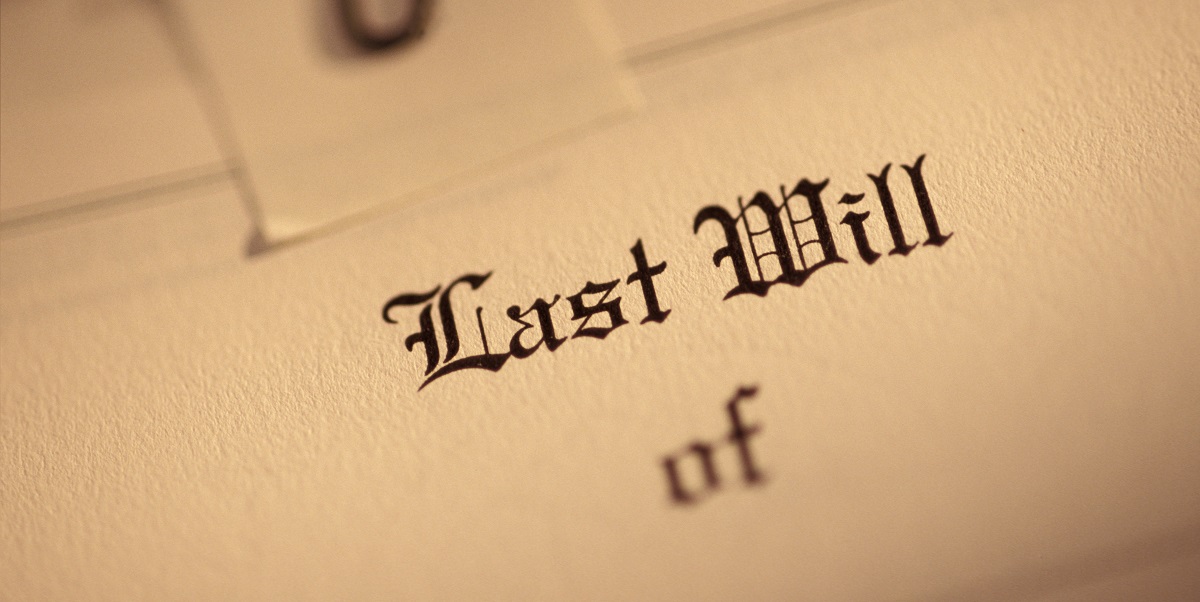Inheritance disputes were once considered the preserve of the super-wealthy or famous but High Court disputes between family members have soared by 62 per cent in the last two years according to an article this week in The Times.
Dee Benians, wills and probate partner at Hughes Solicitors in Heathfield, East Sussex explains that the rise in inheritance disputes is due to a number of factors.
‘The use of home-made wills is a major contributor, but the rise in these types of disputes also reflects the changing nature of our society,’ says Dee.
Higher rates of divorce, remarriage and cohabitation, combined with an increase in the value of estates, and a greater awareness of rights, means that relatives are less willing to do nothing when an inheritance is taken from them.
An inheritance dispute can take any number of forms, from concerns that a will has been incorrectly made or forged, to a dependant believing that they have been unfairly left out or they have not received what they were entitled to.
The best way to minimise the risk of your will being challenged, and your family’s inheritance being frittered away in a lengthy courtroom battle, is to use a solicitor to prepare your will and supporting documents. They can ensure your will is correctly drafted, your intentions are made clear, and your estate is as tax efficient as possible.
Making sure your will is valid
There are strict rules about the way a will must be written and how your signature must be witnessed. Failing to comply with these requirements could mean that your will is invalid, which could cause serious problems for your loved ones if they face losing out on their inheritance as a result.
For example, the current intestacy laws make no allowances for couples who are not married. So, if your DIY will is challenged and proved to be invalid by your children from your first marriage, your current partner could stand to receive nothing.
If you have been diagnosed with a progressive mental illness, like Alzheimer’s, it may be possible for your will to be challenged if there is doubt about whether you knew what you were doing at the time your will was made.
It may also be possible to challenge your will if there is any suggestion that you may have been pressurised into making it, for example by a relative keen to maximise how much they receive or by a carer who has taken advantage of you.
A wills lawyer can help you obtain medical evidence from your doctor to confirm your mental health at the time and ensure that the terms of your will accurately reflect your wishes rather than those of someone else who may be trying to influence you.
For help making a will, or for any other estate planning issues, please contact Dee Benians in our private client team in Heathfield, East Sussex on 01435 890 101 or email deebenians@hugheslaw.co.uk.
The contents of this article are for the purposes of general awareness only. They do not purport to constitute legal or professional advice. Please note the law may have changed since this article was published


